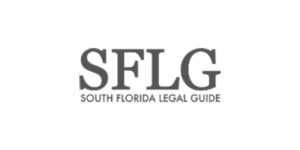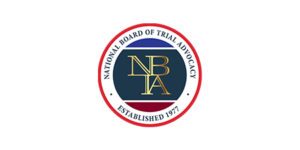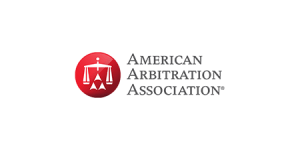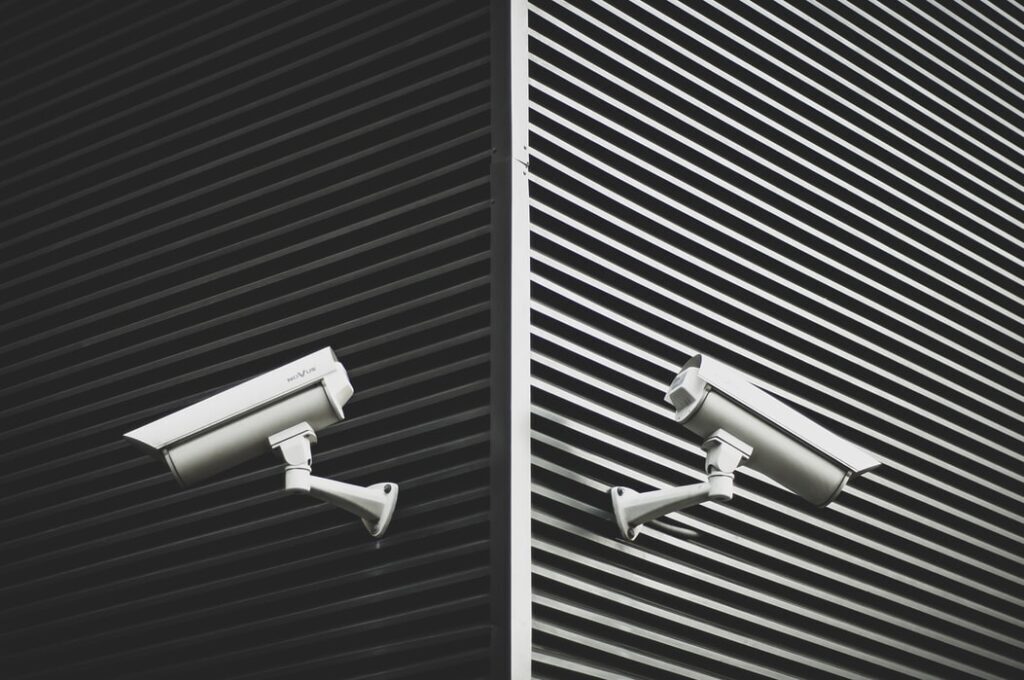





























Our Miami Negligent Security Lawyers Fighting for Your Rights
When you visit the mall, movie theater, nightclub or any other public establishment, you trust that the property owner has done their due diligence to keep the premises safe. Business owners have an obligation to ensure their commercial property is safe for the public to visit.
But what is considered enough security? That depends on a number of factors such as the property’s location, use and amount of crime in the area.
Premises Liability Law
Negligent security law falls under the general category of premises liability. This describes a situation where a violent, criminal attack, such as an assault, shooting, rape or roberry, occurs on someone elses property. The law dictates a duty on commercial structures to uphold their property in a reasonably safe condition.
A property owner’s negligence could enable a violent act to occur in a public space. Premises liability lawsuits regarding negligent security rely on a variety of factors like if a business could have foreseen the crimes and if taking reasonable action would or could have prevented the incident.
Reasonably Safe Duty of Care
While members of the community are still responsible for knowing what goes on around them, businesses are also responsible for knowing what is happening in their community. Property owners are liable if you get hurt on their property. Personal injuries from negligent security incidents could cause you to have extensive medical bills, loss of income, the loss of a loved one, permanent injuries and/or the loss of the ability to earn money.
Examples of Negligent Security
Unfortunately there are a variety of situations in which property owners can be held liable for failing to provide adequate security on the premises. Some examples of negligent security include:
- Shootings in a club venue or in the parking lot
- Stabbings on subways, trains or other methods of transportation
- Attacks in parking garages, apartment complexes, workplaces and other public spaces
- Sexual assaults in condominiums, apartment complexes, hotel rooms and college campuses
- Injuries sustained at malls, concerts or other business venues
- Muggings in the parking lot of a shopping center
- Robberies at an ATM or while pumping gas at a station
There are many more situations where better security could have kept victims safe or avoided a wrongful death Advertising claims, contractual provisions, city ordinances, state laws or the injured person’s relationship to the property owner may all serve to establish the necessary duty of the property owner to have reasonable precautions in place to protect people on their premises.
Consequences of Negligent Security
According to the law, something is considered foreseeable if its occurrence can or should be reasonably anticipated, or if a person of everyday vigilance would expect it to occur or exist under the circumstances. Most states use some of the following standards to determine whether or not a criminal attack was foreseeable:
- Imminent harm is determined by evidence that the property owner knew or should have known misconduct was imminent based on previous incidences of violent crimes in the area or on the premises.
- Prior similar instances are determined by evidence of related crimes during a specific time frame on or near the premises.
- Totality of the affairs is determined by the location, condition and layout of the property, as well as other relevant factors such as prior criminal activity on or near the premises.
Even if an establishment has security and good lighting in its main areas, was it good around the entire building and in all areas of the parking lot? Taking note of circumstances like surveillance systems and adequate door locks will help your attorney investigate your case.
Negligent Security Settlements
Negligent security lawsuits are not filed against the attacker, but rather the owner or operator of the property that failed in their responsibility to keep their patrons reasonably safe. Holding a third party responsible instead of the perpetrator of the crime makes negligent security claims more complicated.
A significant factor in determining inadequate security damages is how much effort the property owner or operator put into protecting their property. Security measures that protect property can include:
- Security cameras
- Employing security guards
- Several accessible emergency exits
- Staff trainings on security preparedness
- Adequate lighting and signs to lower crime risks
Negligent Security Lawyer Miami
Every negligent security scenario is different, and determining if you have a case requires a knowledgeable negligent security attorney. If you have been the victim of a crime due to security negligence, call the law firm of Panter, Panter & Sampedro to discuss how we can get you the justice you deserve with an investigation and lawsuit.



